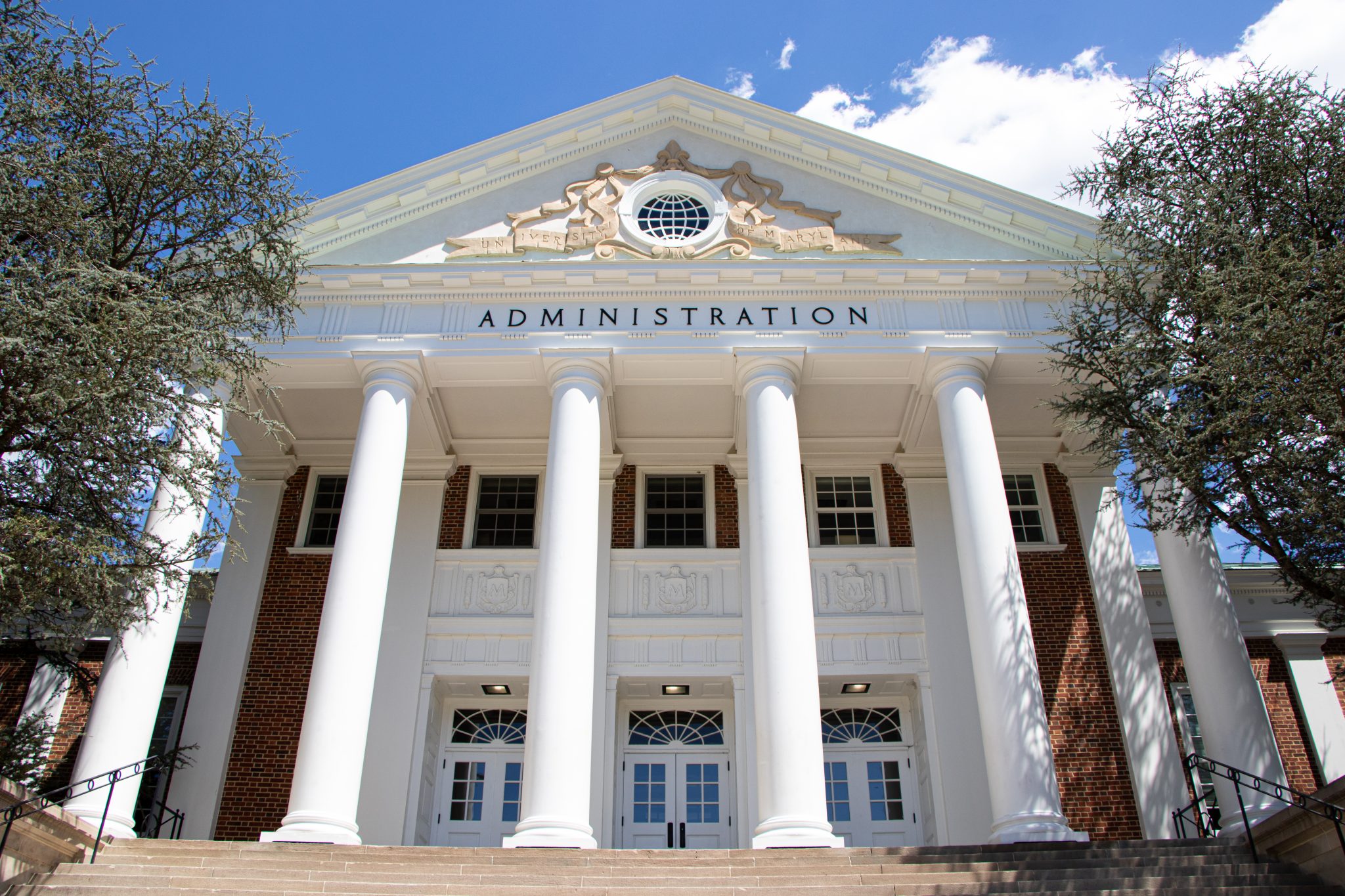When the University of Maryland made its transition to online classes, Alysa Conway took to her group chat of black and brown students to talk about the issues she and others would be facing during this transition, including housing, food insecurity, graduation and academic protections.
“Students genuinely wanted to know what was going on and what was within our purview,” said Conway, a junior government and politics and public policy major.
And in late March, after listening to her peers’ concerns and calls to action for university assistance, she and some of the members of the chat evolved the conversation into something bigger: an undergraduate student task force aimed at pressing administration to adopt stronger academic protections for students during the pandemic.
The group, called #SeeMeUMD, has collected about 170 testimonies from students, faculty, alumni and families in support of its campaign, which was published online last Tuesday. Among the task force’s requests were an opt-in grading deadline set after finals, forgiveness for failed grades while under pandemic, and protections from changes to syllabi designed to increase the course difficulty.
These protections “officiate a more authentic and empathic grading system that acknowledges the difficulties students face and supports students and their learning experiences,” the task force wrote.
[Read more: UMD is awarding fellowships to some PhD students whose research was disrupted by COVID-19]
Conway’s testimony centered on her experiences with autism and other mental disabilities. She is heavily reliant on routine, she said, so this “transformative time” has been hard on her studies and mental health. She wants to support people with similar experiences.
“Something as small as a student not being able to have a place to study within their house can completely offset that student’s ability to focus and to feel empowered within their own academic experience,” she said.
The top request made by the task force was for the administration to enact a “Double A” policy, which would replace the current pass/fail grading system and guarantee all students either an “A” or an “A-” on their transcripts.
Valeria Arriola Pomasoncco, a junior computer science student, initially saw no problem with the pass/fail policy. But as a member of the IT service desk, she’s seen how students without broadband internet are at a distinct disadvantage, she said, with many students ordering hotspots from the university but never receiving them. The Division of Information Technology, meanwhile, has struggled to acquire more, competing with an entire nation in search of the devices.
Having to turn students away has been hard on Arriola Pomasoncco and her colleagues.
“To this day, I still see tickets coming in of people asking if we have hot spots to loan,” Arriola Pomasoncco wrote in her testimony. “I have seen first hand how multiple members of this university community have been affected by this pandemic and how we are not able to help them.”
Students who have returned home have also had to take on greater domestic responsibilities to support their families.
Alawi Masud, a senior at this university, has had to take on two jobs to help his family financially. Balancing his financial and familial commitments with school and his own fears about the pandemic, he used the task force as a way to ask for the support he needed from the university and to receive structure during a chaotic time.
“We all know that things aren’t that bright, but we can do something about it,” the government and politics major said.
Tasnim Benalla, a senior finance major, also joined the task force and wrote her testimony as a way of taking control of her situation.
[Read more: Some of UMD’s international students fear their future is in limbo amid COVID-19]
After seeing other universities implement emergency plans, Benalla wanted to see how this university could better accommodate students, eventually coming to a consensus with other students that the Double A system was the best solution.
Benalla, however, wasn’t confident the university would make any changes. After having seen professors reject accommodation requests and the administration side with faculty against students, she said she doesn’t expect much support.
“I don’t think, historically, UMD has been the best at accommodating students,” she said. “But we believe that, pushing for this policy, we would find the middle ground with the administration.”
While the Student Government Association has officially recommended the Double A policy to the administration, William A. Cohen, undergraduate studies associate provost and dean, has told students there would be no plans for a change to the current grading policy.
“This situation is unprecedented but it is not unique to the University of Maryland,” Cohen wrote. “Everyone understands that this semester is far from typical.”
Conway said that although she appreciates that the university has offered resources to struggling students and families, her frustrations hinge on what the administration is lacking.
She’s been disappointed that it still doesn’t seek out feedback from the community, and she wants to see the university be more receptive to student concerns — especially those from students in underrepresented or underprivileged spaces.
In her testimony, she asked that the university empathize with students during this time and make changes to their benefit.
“Please do better,” she wrote.



